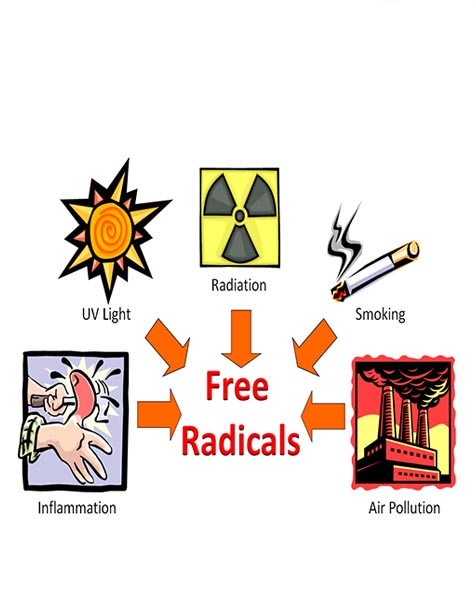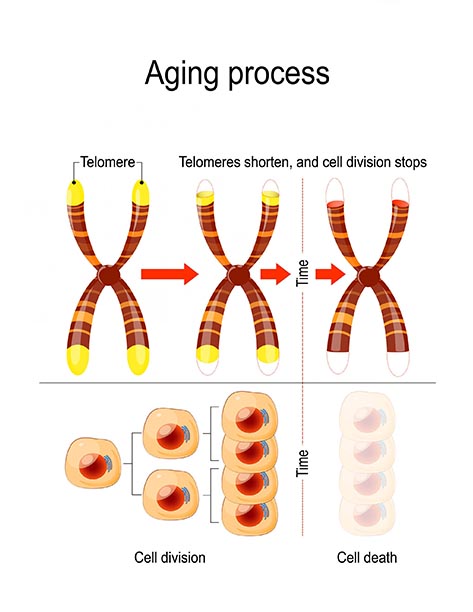| Alcohol consumption can also impact the aging process by contributing to chronic inflammation. Chronic inflammation is a key factor in many age-related diseases, and alcohol consumption can contribute to this process by increasing the production of inflammatory molecules in the body. This can lead to a variety of health problems, including arthritis, heart disease, and Alzheimer's disease. |
| Another way that alcohol consumption can impact the aging process is by contributing to telomere shortening. Telomeres are the protective caps on the ends of chromosomes that help to maintain the integrity of the genetic material. Telomeres gradually become shorter as cells divide and replicate, and this shortening can lead to cellular damage and aging. Alcohol consumption has been shown to accelerate telomere shortening, which can contribute to the development of age-related diseases. |
| Alcohol consumption can also impact the aging process by impairing the body's ability to repair and maintain itself. Alcohol consumption can damage DNA and other cellular components, which can lead to a decline in cellular function and an increased risk of age-related diseases. Additionally, alcohol consumption can lead to a variety of health problems, including liver disease, which can further impair the body's ability to repair and maintain itself. |
| Despite the negative impact of excessive alcohol consumption on the aging process, moderate alcohol consumption has been associated with some health benefits. Studies have shown that moderate alcohol consumption can reduce the risk of heart disease and stroke, and may have other health benefits as well. However, it is important to note that these benefits are only seen with moderate alcohol consumption, and excessive alcohol consumption can lead to a variety of health problems. |
| In summary, alcohol consumption can have a significant impact on the aging process, accelerating the development of age-related diseases and reducing overall health and vitality. Alcohol consumption can impact the aging process by contributing to oxidative stress, chronic inflammation, telomere shortening, and impairing the body's ability to repair and maintain itself. While moderate alcohol consumption has been associated with some health benefits, excessive alcohol consumption can lead to a variety of health problems and should be avoided. |
 Shop
Shop Info
Info Words
Words World
World






 Aging Overview
Aging Overview Alcohol
Alcohol Free Radical
Free Radical Poor Diet
Poor Diet Smoking
Smoking Telomere Theory
Telomere Theory

